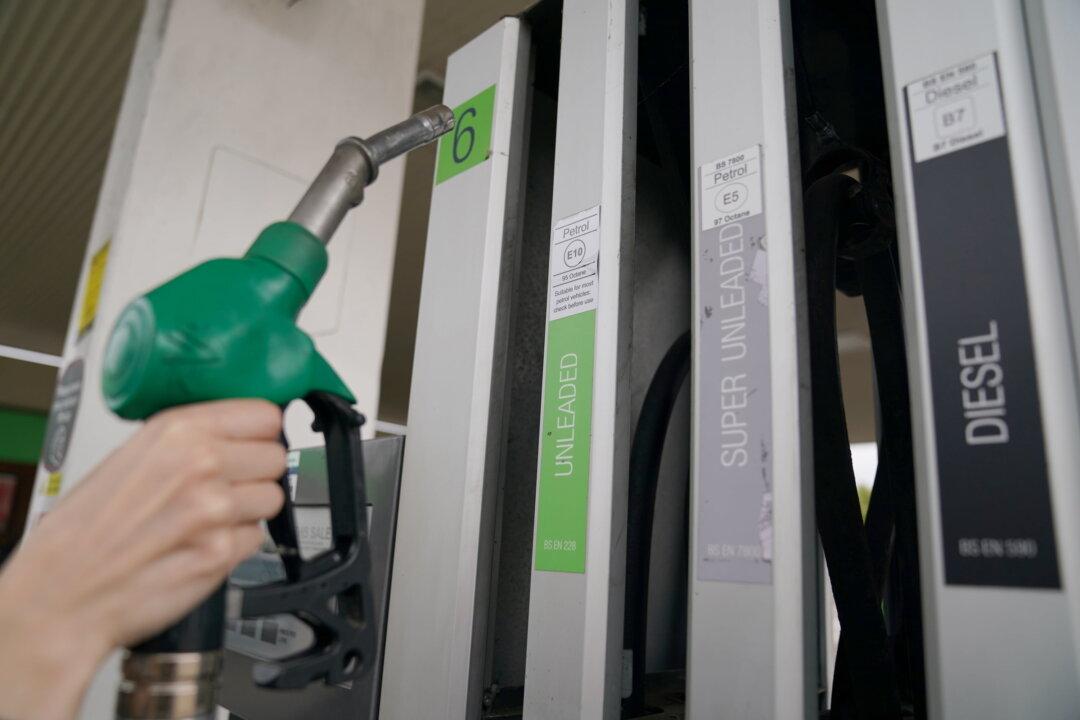The UK’s finance minister said no decisions were made on fuel duty after the government’s budget watchdog said a “planned” hike would raise petrol and diesel prices by 12 pence a litre in spring 2023.
Conservative MP Jonathan Gullis told Chancellor of the Exchequer Jeremy Hunt that an increase in fuel duty would be “opposed by a substantial number of Conservative MPs.”





